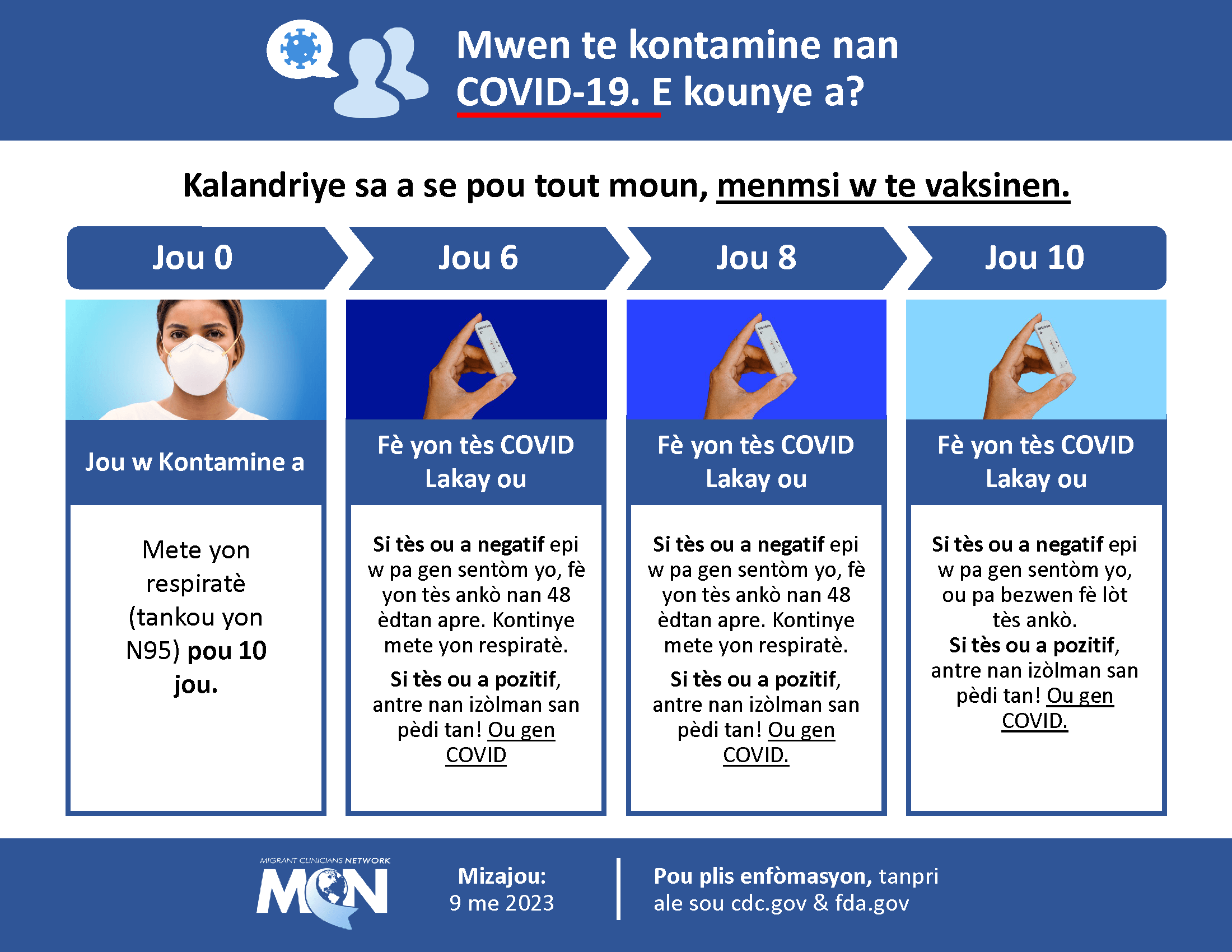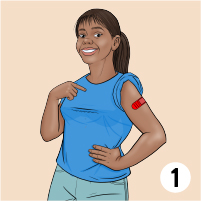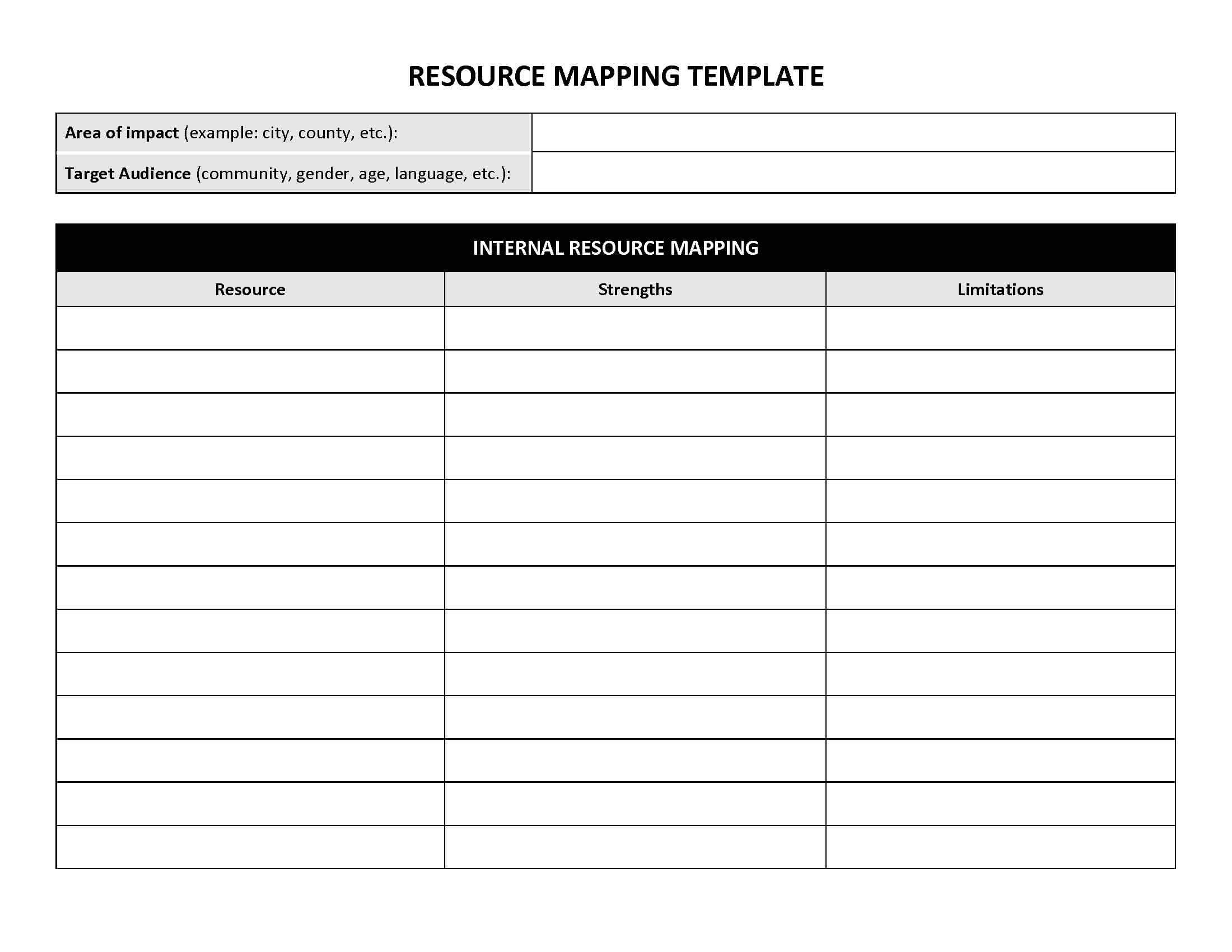
copy deeplink Woman and Man Discussing Hesitancies and Myths - Tracking Chips - Images
Woman and Man Discussing Hesitancies and Myths - Tracking Chips - Images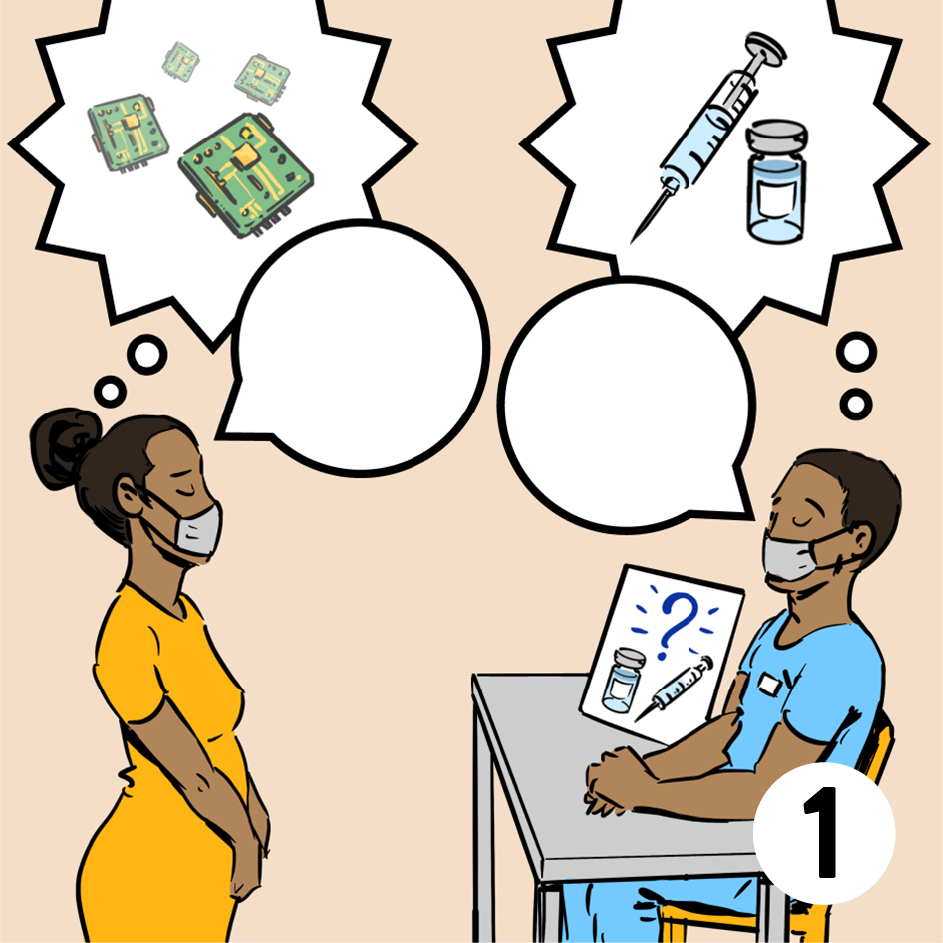
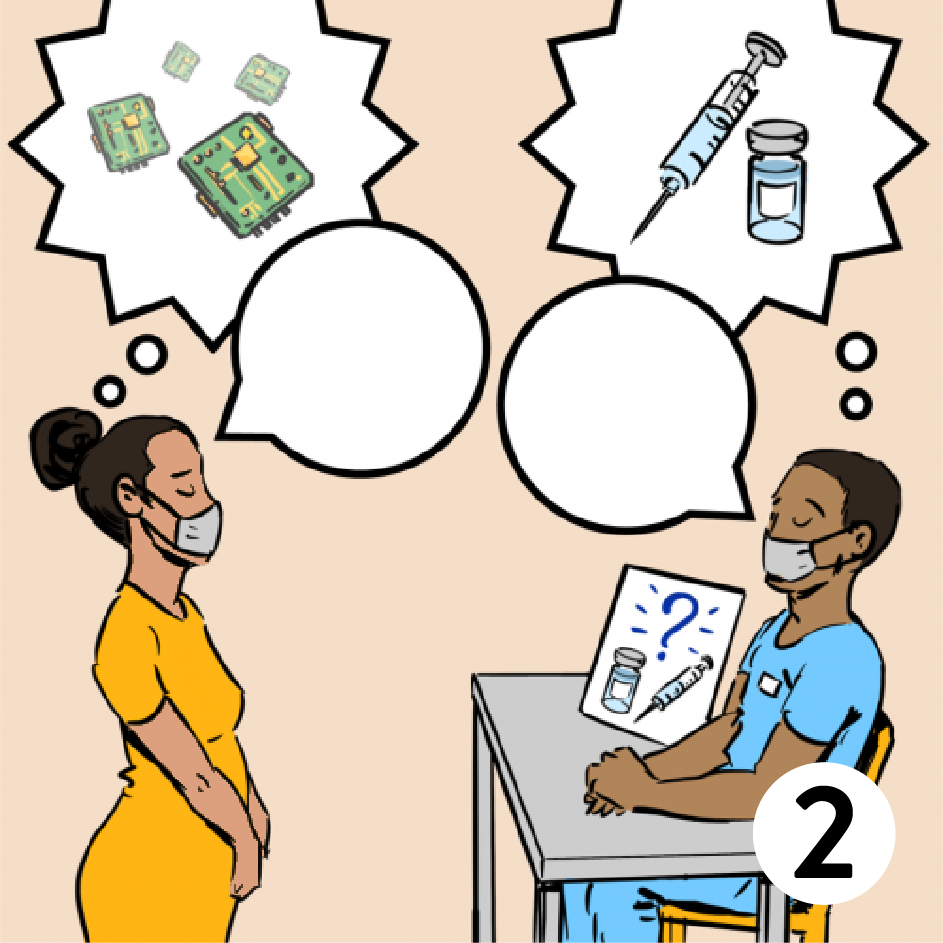
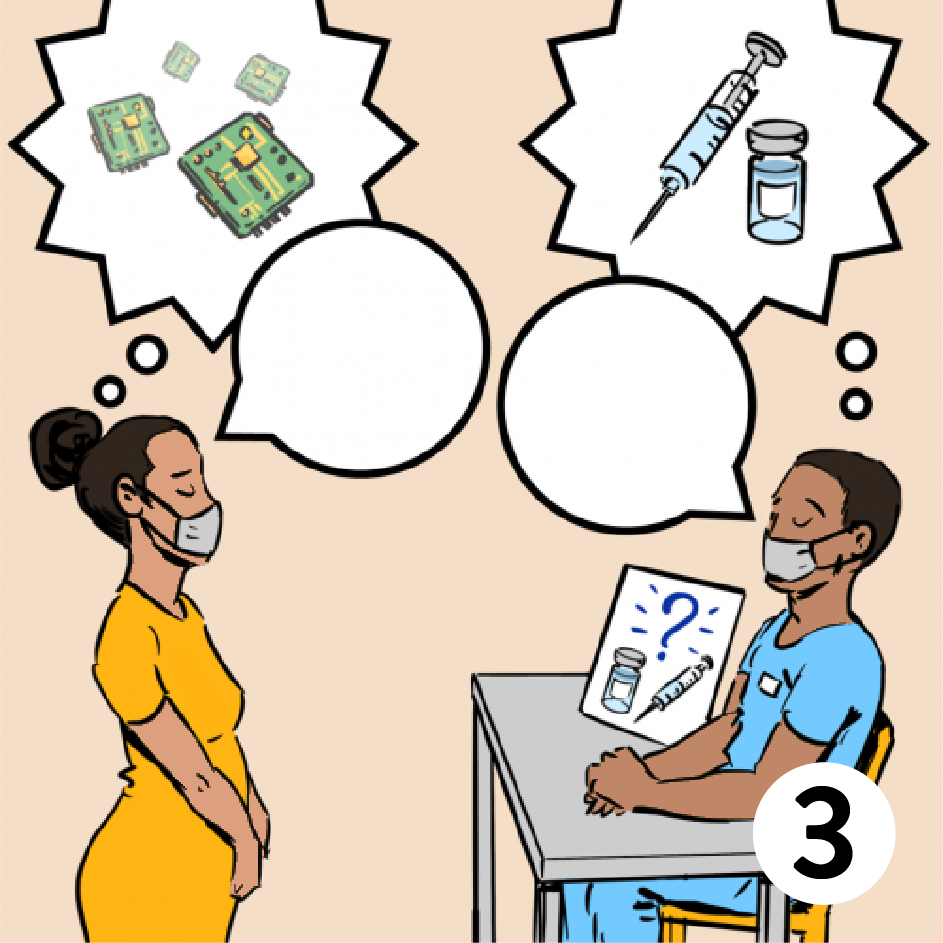
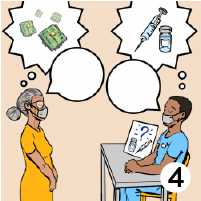
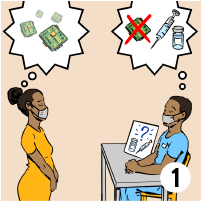
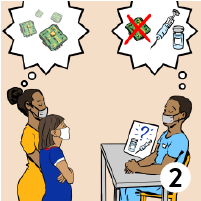
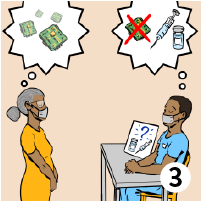
- WomanElderAndManDiscussingHesitanciesAndMyths.png (70.83 KB)
- WomanGirlAndManDiscussingHesitanciesAndMyths.png (71.02 KB)
- WomanAndManDiscussingHesitanciesAndMyths.png (68.49 KB)
- Chip_And_Vaccine_Comic_With_Bubbles Elder lady.png (40.62 KB)
- Chip_And_Vaccine_Comic_With_Bubbles COLOR2.png (52.09 KB)
- Chip_And_Vaccine_Comic_With_Bubbles COLOR1.png (41.23 KB)
- Chip_And_Vaccine_Comic_With_Bubbles.PNG (42.2 KB)
A complete list of questions and answers on HPV Vaccine from the Centers for Disease Control and Prevention.
copy deeplink Frequently Asked Questions for Clinicians: Multistate Fungal Meningitis Outbreak Investigation
Frequently Asked Questions for Clinicians: Multistate Fungal Meningitis Outbreak InvestigationOctober 15, 2012
Background
The Centers for Disease Control and Prevention (CDC) with state and local health departments and the Food and Drug Administration (FDA)![]() are investigating a multistate meningitis outbreak of fungal infections among patients who have received a steroid injection of a potentially contaminated product into the spinal area. This form of meningitis is not contagious. The investigation also includes fungal infections associated with injections in a peripheral joint space, such as a knee, shoulder or ankle.
are investigating a multistate meningitis outbreak of fungal infections among patients who have received a steroid injection of a potentially contaminated product into the spinal area. This form of meningitis is not contagious. The investigation also includes fungal infections associated with injections in a peripheral joint space, such as a knee, shoulder or ankle.
copy deeplink Seguridad en palabras – Diccionario ilustrado bilingüe para la agricultura | COMIC
Seguridad en palabras – Diccionario ilustrado bilingüe para la agricultura | COMICEste diccionario ilustrado bilingüe de MCN, "Seguridad en Palabras/ Safety in Words", muestra los peligros que hay en el lugar de trabajo y las mejores prácticas para la salud y la seguridad en la agricultura. Desarrollado con el apoyo del Programa de Subvenciones Susan Harwood de OSHA, este recurso refuerza el vocabulario en inglés de los trabajadores que hablan español lo que ayudará a prevenir lesiones en la agricultura.
copy deeplink 'What to Expect When Getting the COVID-19 Vaccine'
'What to Expect When Getting the COVID-19 Vaccine'These image-centric and engaging resources can help clinicians reach refugee, immigrant, and migrant communities with important information regarding getting vaccinated. The flyers are available in English, Spanish, and Haitian Creole, and both pre-made and editable versions are available. Users can insert their organization logo as well as state-specific information such as their state vaccine sign-up website and vaccine customer service phone number. Along with these fliers, MCN has created a simple ‘how-to’ video (see above) for editing the fliers.
The original designs for this resource were created by a staff member of East Coast Migrant Head Start Project who is the daughter of a farmworker, and who had once gone to East Coast Migrant Head Start Project centers herself. The flyers were adapted by MCN.
- 9-26-23_What-To-Expect-COVID19-Vaccine_English-Handout.pdf (288.57 KB)
- 9-26-23_Que-saber-sobre-la-vacuna-contra-COVID_flyer_Template.pdf (301.65 KB)
- 9-26-23_Ki-sa-pou-ou-atann-le-w-ap-resevwa-vaksen-COVID19.pdf (291.1 KB)
- 9-26-23_What-To-Expect-COVID19-Vaccine_English-Template.pptx (1.58 MB)
- 9-26-23_Que-saber-sobre-la-vacuna-contra-COVID_flyer.pptx (1.52 MB)
- 9-26-23_Ki-sa-pou-ou-atann-le-w-ap-resevwa-vaksen-COVID19_Template.pptx (1.58 MB)
copy deeplink Microaggressions and Relational Harms in the Workplace | W2W Resource
Microaggressions and Relational Harms in the Workplace | W2W Resource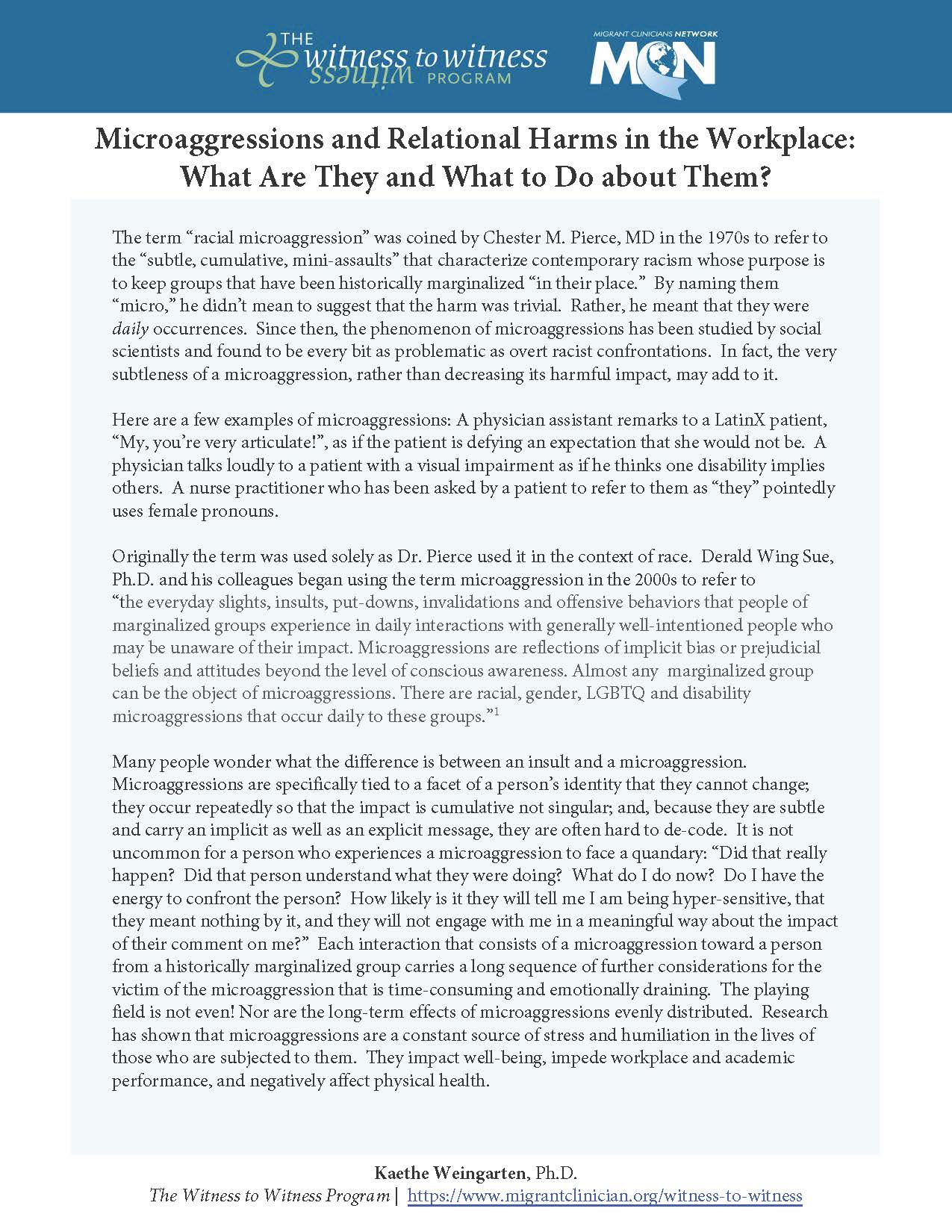
This publication was supported by the Health Resources and Services Administration (HRSA) of the U.S. Department of Health and Human Services (HHS) as part of an award totaling $ 1,310,460 with 0 percentage financed with non-governmental sources. The contents are those of the author(s) and do not necessarily represent the official views of, nor an endorsement, by HRSA, HHS, or the U.S. Government. For more information, please visit HRSA.gov.
- 2022-2-16_Microaggressions-and-relational-harms-in-the-workplace-Part-1.pdf (783.65 KB)
- 2022-2-16_Microaggressions-and-relational-harms-in-the-workplace-Part-2.pdf (217.59 KB)
- 2022-4-14_Microagresiones-y-Danos-Parte-1_Material-de-apoyo.pdf (976.85 KB)
- 2022-4-14_Microagresiones-y-Danos-Parte-2_Material-de-apoyo.pdf (864.7 KB)
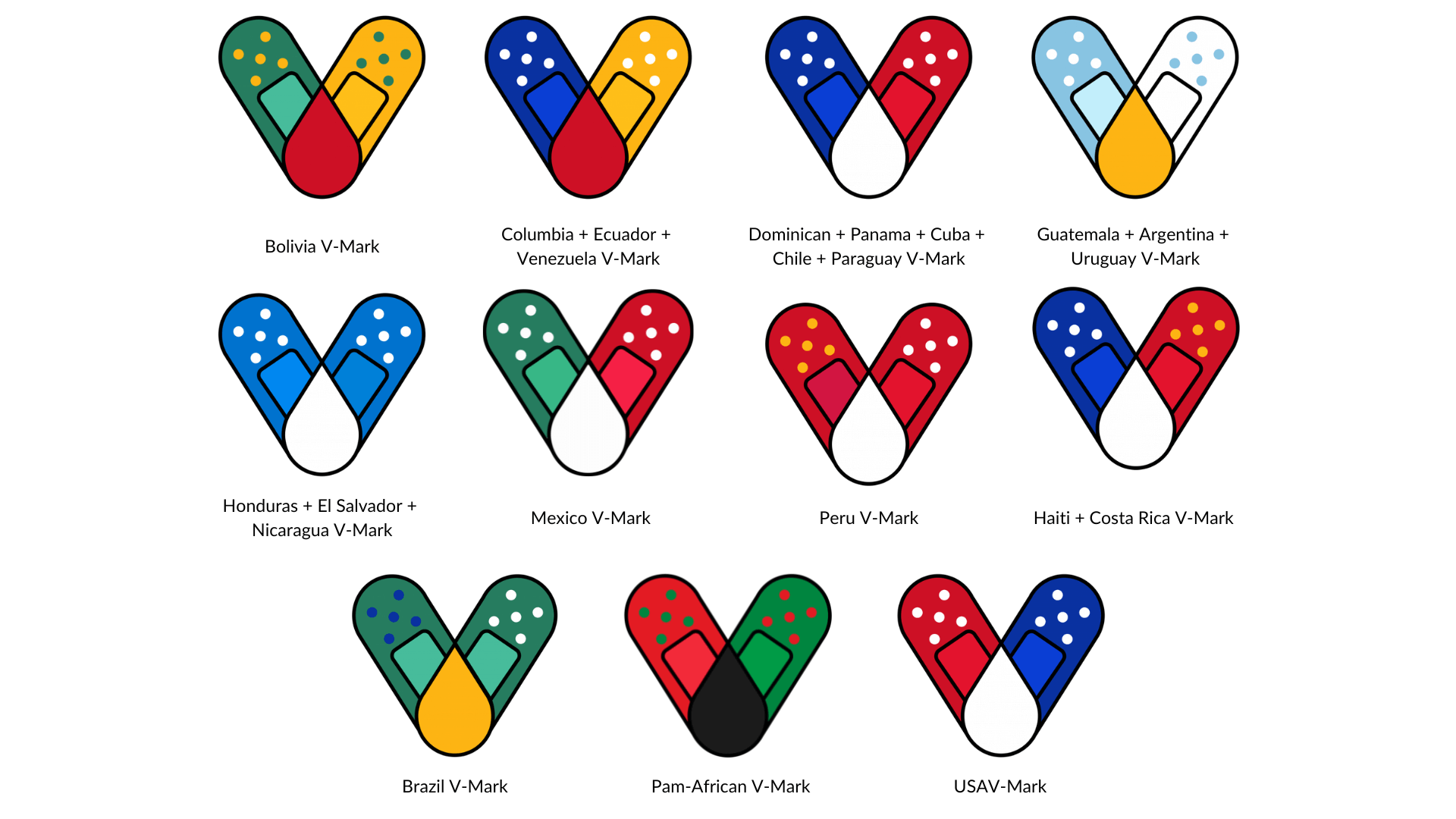
- 8-3-22_Bolivia-v-mark-transparent_image.png (23.6 KB)
- 8-3-22_Brazil-v-mark-transparent_image.png (28.9 KB)
- 8-3-22_columbia-venezuela-ecuador-v-mark-transparent_image.png (23.25 KB)
- 8-3-22_Dominican-Panama-Cuba-Chile-Paraguay-v-mark-transparent_image.png (26.65 KB)
- 8-3-22_Guatemala-Argentina-Urguay-v-mark-transparent_image.png (29.5 KB)
- 8-3-22_Haiti-CostaRica-v-mark-transparent_image.png (25.63 KB)
- 8-3-22_Honduras-ElSalvador-Nicaragua-v-mark-transparent_image.png (27.65 KB)
- 8-3-22_Mexico-v-mark-transparent_image.png (52.29 KB)
- 8-3-22_PanAfrican-v-mark-transparent_image.png (198.07 KB)
- 8-3-22_Peru-v-mark-transparent_image.png (28.29 KB)
- 8-3-22_USA-v-mark-transparent_image.png (24.89 KB)
copy deeplink NACES (No More Adverse Childhood Experiences) Pilot Project Report
NACES (No More Adverse Childhood Experiences) Pilot Project Report
This pilot project was a collaborative effort involving project partners Futures Without Violence, Alianza Nacional de Campesinas, Líderes Campesinas, RAND, and Migrant Clinicians Network and was made possible with the support of California's ACEs Aware initiative through the UCLA-UCSF ACEs Aware Family Resilience Network (UCAAN) pilot program.
Education, screening, and response with evidence-based interventions are critical to addressing ACEs. However, ACEs education and screening that are culturally aware are not currently reaching farmworker communities in California. NACES aimed to increase opportunities for farmworkers to inform health care screening and responses to ACEs, increase ACEs education in farmworker communities, build partnerships between community health centers and community-based organizations, and ultimately improve access to care.
The project was divided into two parts, a community-based component presented in this report and a clinical component that examines how the results and recommendations of this community-based portion changed health center outreach, education, and response to ACEs. The community-based component was divided into two phases. Phase 1 involved the evaluation of farmworker leader training and Phase 2, the evaluation of the peer-led farmworker training.
The evaluation team employed a participatory action research (PAR) approach, developing instruments, presenting, and validating results with the partners to ensure active participation and collective action from all project partners and the farmworker leaders themselves.
Haz-Map® is an occupational health database designed for health and safety professionals and for consumers seeking information about the adverse effects of workplace exposures to chemical and biological agents. The main links in Haz-Map are between chemicals and occupational diseases. These links have been established using current scientific evidence.
copy deeplink 2015 Year In Review | Migrant Clinicians Network
2015 Year In Review | Migrant Clinicians NetworkHighlights of MCN's services and programs in action during 2015!
Available in English and Spanish.
- YIR-2015-v7.pdf (1.05 MB)
- YIR-2015-Spa.pdf (482.55 KB)
